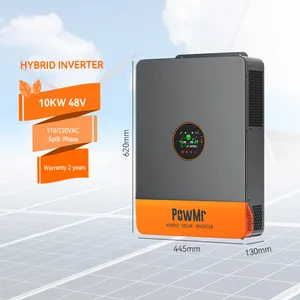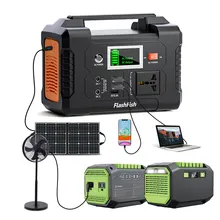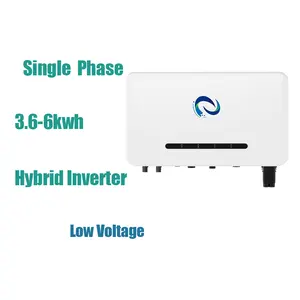Understanding the 100W Grid Tie Inverter
The 100W grid tie inverter is a pivotal component in solar energy systems, converting direct current (DC) generated by solar panels into alternating current (AC) for use in home appliances or feeding back into the power grid. This category of inverters is essential for those looking to harness solar energy efficiently.
Types and Configurations
Inverters come in various forms, with the 100 watt grid tie inverter being a popular choice for small-scale applications. These inverters are available in different waveforms such as pure sine wave, accommodating various electrical devices' needs. Configurations include single-phase, for residential use, and three-phase, for commercial settings, ensuring compatibility with the electrical systems they will be integrated into.
Applications of 100W Inverters
The versatility of the 100w grid tie inverter extends to multiple applications. They are commonly used in solar system setups for homes, small solar projects, or even for specific home appliances that require a modest amount of power. Their adaptability makes them suitable for a range of solar energy applications.
Features and Materials
A 100 watt grid tie inverter is designed with features that prioritize safety, efficiency, and durability. The materials used in their construction are chosen for their robustness and longevity, ensuring that they can withstand the environmental conditions they will be exposed to.
Advantages of Using a 100W Inverter
Opting for a 100w grid tie inverter comes with several advantages. These inverters are typically easier to install and integrate into existing power systems. They also contribute to the sustainability of power systems by allowing excess energy to be fed back into the grid, potentially reducing energy costs.
Choosing the Right Inverter
When selecting a 100 watt grid tie inverter, it is crucial to consider the specific requirements of your solar energy system. Factors such as the type of solar panels, the electrical load, and the system's overall design play a significant role in determining the most suitable inverter for your needs.


































 浙公网安备 33010002000092号
浙公网安备 33010002000092号 浙B2-20120091-4
浙B2-20120091-4